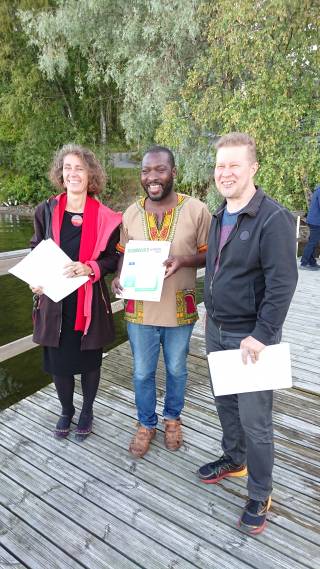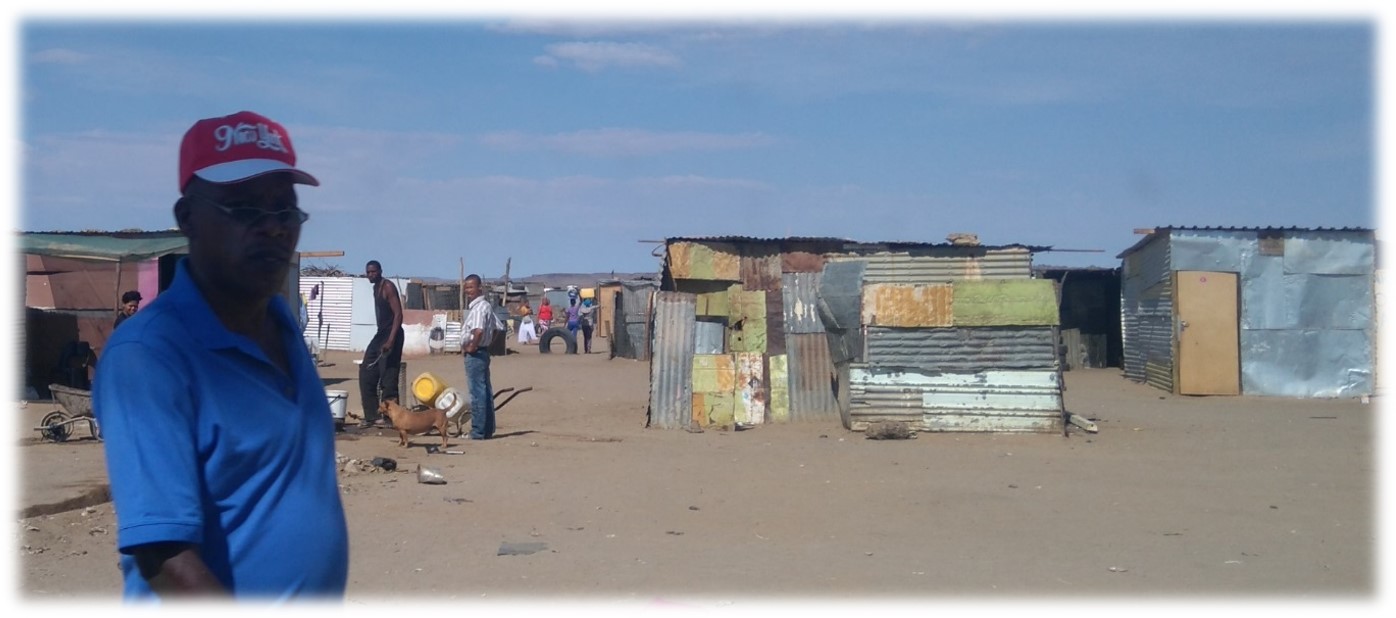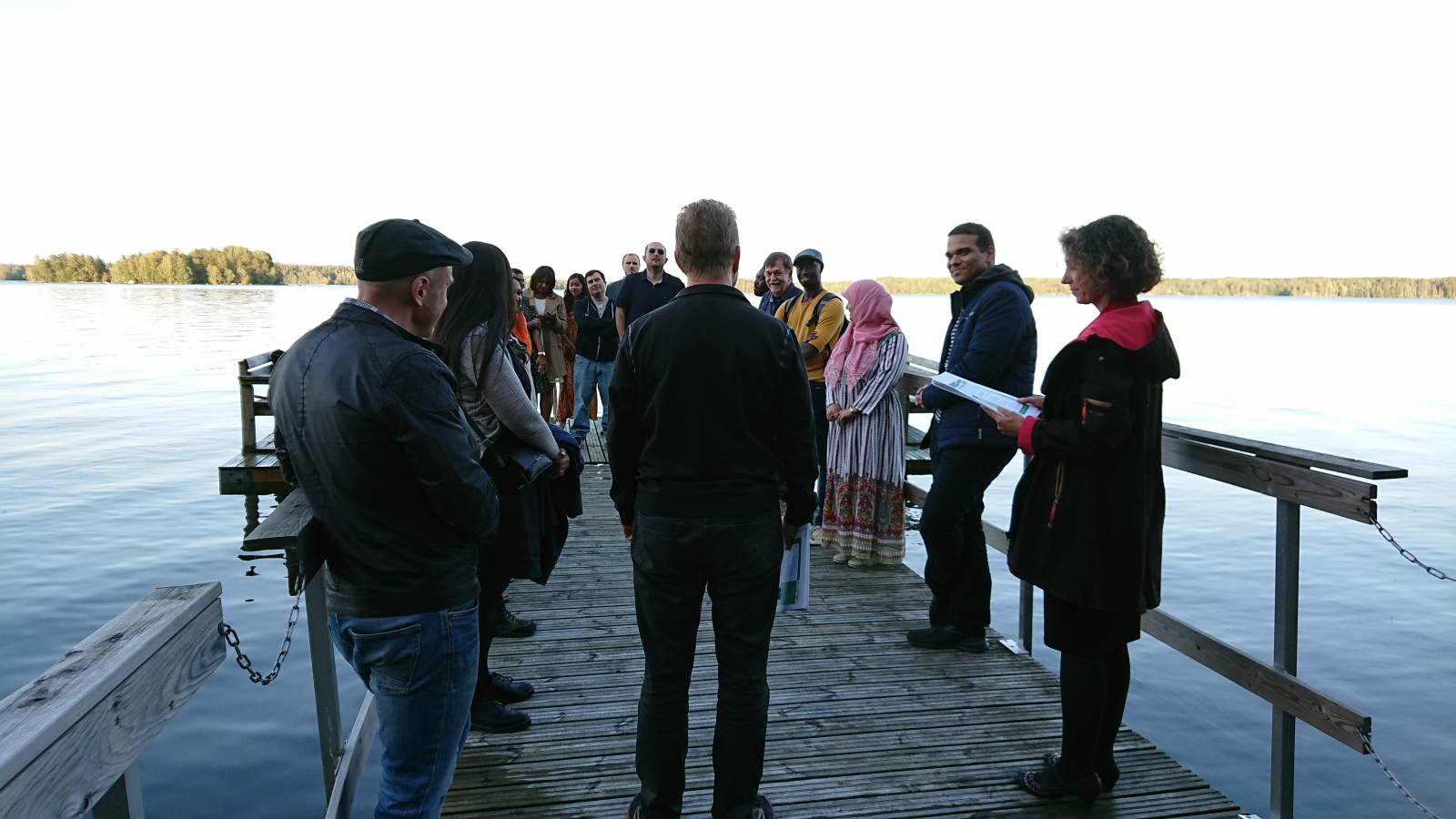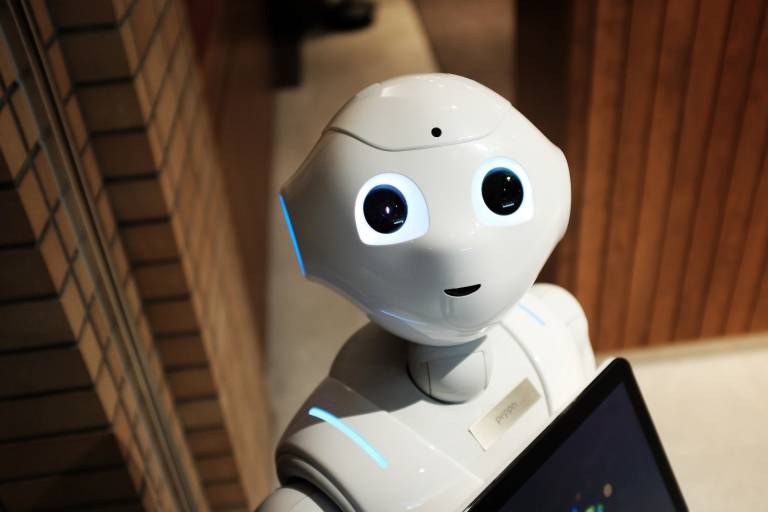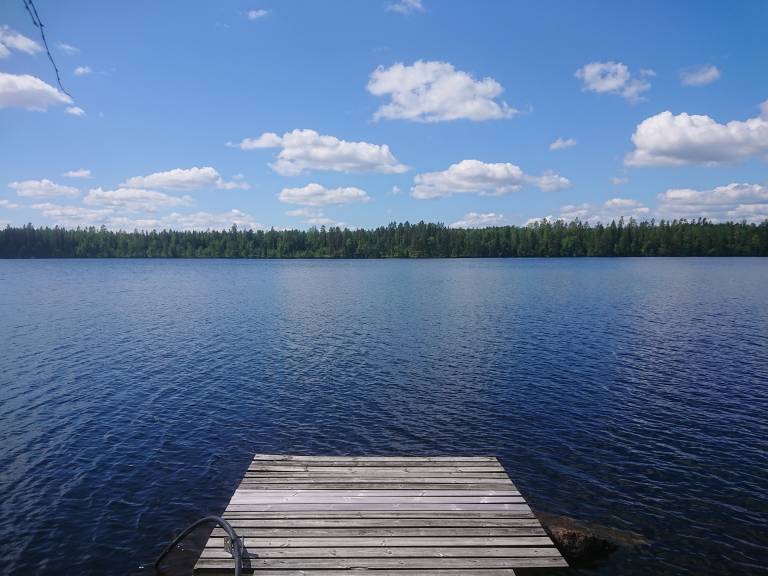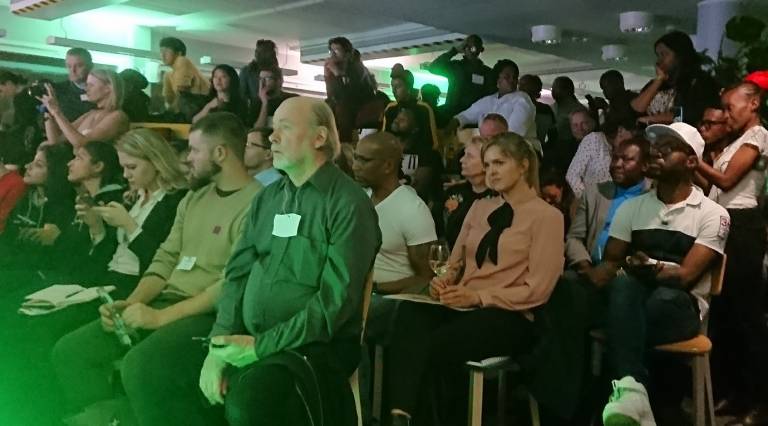The autumn has arrived and Globelics Academy for 2019 has been successfully brought to a conclusion. This year’s Academy, like so many before it, included sharing new perspectives, gaining vital insight on wide range of current topics, as well as companionship. Here we will provide a general look at what our two weeks together actually included. We will also share some thoughts we have had on the doctoral school during the two weeks and after it.
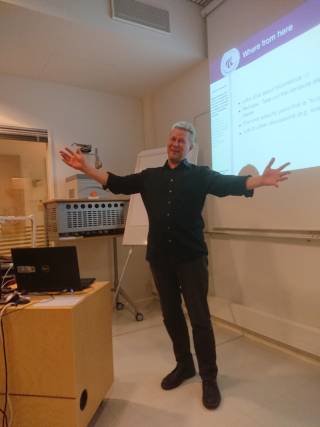
Our time together started with a quick get-together on Monday (12.8.) to make sure everyone was settled in and that the schedule was clear for the first upcoming days. This was of course to cater to the busy schedule ahead as our first student session, titled “University-industry interaction”, started the next day with three student presentations. The rest of the first week included five more student presentations, with themes ranging from pharmaceutical industry to transitional innovation systems and agroinnovation. The first week’s visiting lecturers were Brigitte Gregersen, Roman Jurowetzki, Ned Lorenz and Ann Kingiri, respectively.
Naturally we can’t thank our lecturers enough. In the spirit of the Globelics community, their participation was done without fees. In addition, it is important to note that all lecturers are top experts in their field with busy schedules. This also, in turn, showcases how important we find strengthening the knowledge base of the global south. The Academies have been held in Tampere six times starting from 2008. This means that we now have approximately 170 alumni.
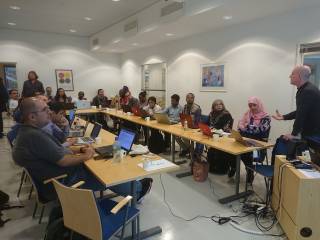
The first week proved to be intensive, but in many ways rewarding. It didn’t take long for the group to find common ground – an occurrence that was possibly aided by the fact that we decided to group our participants in their accommodations according to native countries. Naturally, the cross-cultural bonding would also come about as the Academy progressed.
One of the most important elements of GA is to help the participating students create connections, both to each other, the lecturers, the local secretariat and the Globelics community. This is especially vital for those aiming for a career in research. During these two weeks one can note how similar people from different cultures and different parts of the world can be. It would be wonderful to be able to share this experience even more broadly.
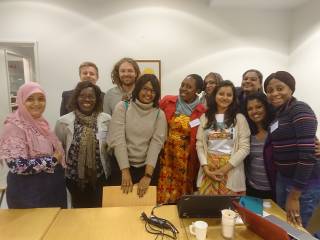
The first week was extended by Eurolics workshop which replaced Friday evening’s session and gave us an extra day’s worth of exciting topics for Saturday morning. We topped of the week with a walking tour around historical Tampere, which included Näsinpuisto, Tammerkoski rapids and the Finnish Labour museum. This way we could give the participants some insight on how the city came about and progressed, which in part followed similar lines as our progression as a country. This was especially interesting for our participants from countries right now experiencing growing pains – to hear how Finland achieved the current level of political stability and societal equality, among other things
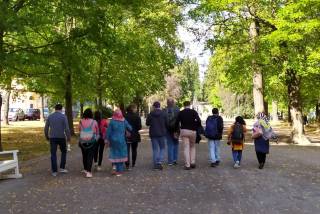
The second week was more centered around student presentations. Compared to the first week’s eight presentations, we had twelve presentations in the course of four days. For this second week, the themes of the presentations were as follows: Innovation and renewable energy, Sector/cluster approach on innovation, Grassroots and rural innovation systems and National innovation policies and Responsible innovation. The commentators for these sessions were Rasmus Lema, Mika Kautonen, Cristina Chaminda and Mika Nieminen, respectively. They also gave their own lectures during the days. In addition, we had presentations from Päivi Oinas, Taru Pilvi, and Mika Raunio. All our speakers received high praise but as a highlight, we could mention how well Cristina Chaminade’s globalization perspective was received by our participants. It would appear that a global perspective would cater best the audience, of which the vast majority hailed from the global south.
It is possible to note a shift in the focus of the fields research during the last twelve years. In 2008 the focus of the lecturers, as well as the participants was, among other things, industrial patents, industrial research and development and evaluating its wider societal effects as well as general national innovation system approaches. This year, in 2019, themes ranged from perspectives of sustainability, responsibility and gender in the field of innovation. The environmental/climate questions were also largely topical. In other words, the focus has shifted from stimulating economic growth to other ways innovation activity can provide solutions for larger societal and environmental challenges.
To conclude our time together we held a get-together at a lakeside resort. This included sauna, lake swimming, a nice dinner as well as giving out certificates for all our wonderful participants. After the Academy, we made sure that the presentation slides would be available for all the students to reflect on, even after the Academy itself. We know from the experience that we will meet with many GA2019 students later, in Globelics conferences and other occasions. It will be part of our reward to organize the event every second year.
